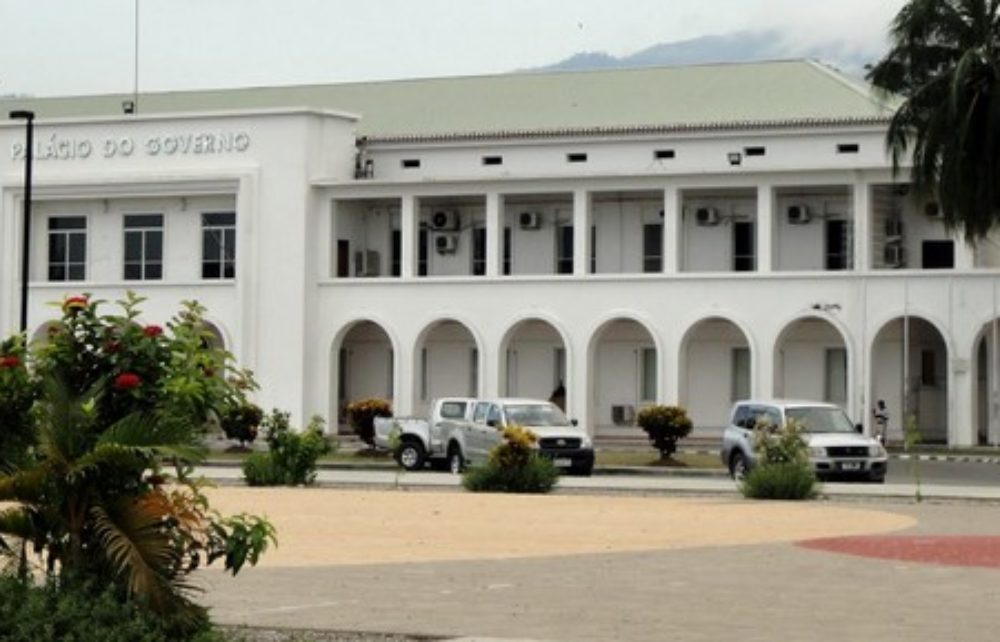Timor-Leste is introducing a new legal regime for voluntary arbitration, according to official database Legis-PALOP+TL.
Law no. 6/2021, of March 31, approved by the Government (offices pictured above) already in force, approves the Legal Framework for Voluntary Arbitration, covering disputes such as the following:
⦁ All those whose object is of an equity nature, except for disputes arising from employment contracts to which the new regime does not apply;
⦁ Those that have non-patrimonial claims that are not related to: unavailable rights (that is, the rights that the parties cannot freely dispose of, such as personality rights or other fundamental rights); issues concerning illicit legal affairs.
The parties have the following rights, whether their domicile or litigation takes place in Timor-Leste (internal arbitration) or in a different State (international arbitration):
⦁ They may enter into an arbitration agreement, in writing, agreeing that the disputes arising from the business can be settled through an arbitration court, instead of being resolved through the judicial courts.
⦁ In business with the State or other legal entities governed by public law, arbitration agreements may be entered into provided that they are exclusively for private law disputes.
⦁ They may, by agreement, freely choose the language or languages to be used in the arbitration proceedings.
⦁ They can freely set the number of arbitrators that make up the arbitral tribunal, who may be of any nationality, and may be responsible for damages resulting from their decisions if they act with intent or gross negligence and their fees are paid under the terms of the agreement written between the parties and the arbitrators.
Timor-Leste Introduces National Single Window Customs System
The arbitral tribunal may issue provisional (urgent) measures at any time prior to the delivery of the final arbitral decision. The decisions produced by the arbitral tribunals are binding and enforceable in the same terms as the sentences handed down by the judicial courts that are part of the state system of administration of justice.
The Government may authorize the creation of institutionalized arbitration centers.
Foreign arbitral decisions may be effective in Timor-Leste, regardless of the nationality of the parties, if they are previously submitted to the due process of confirmation with the Supreme Court of Justice of Timor-Leste.




